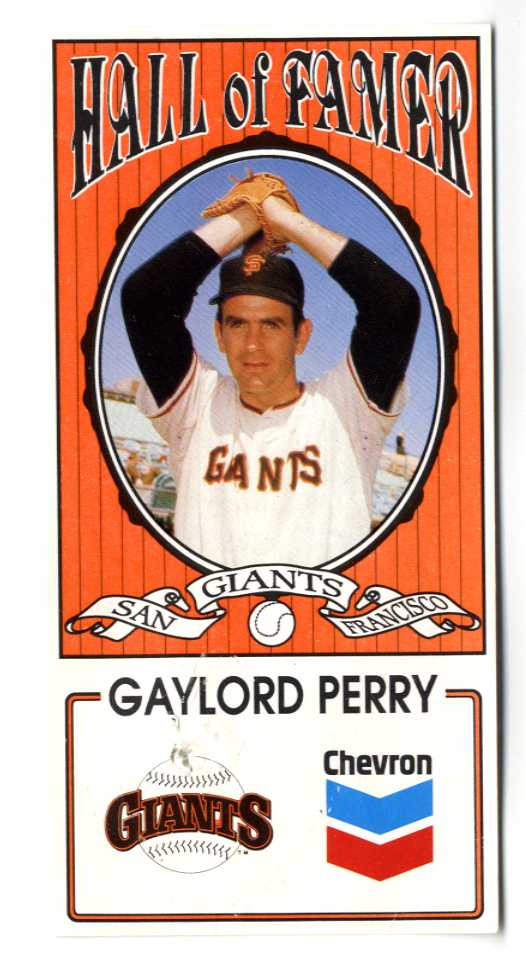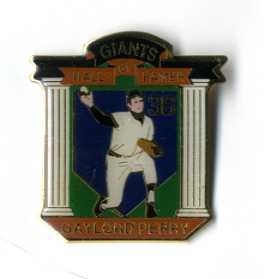“The report of a case of smallpox [in Williamston in 1862] has been confirmed. William Hoell… is said to have gone to New York and returned by sea. It is supposed he contracted the disease while in New York. The village has been thrown into great excitement. Several families have left…. Business is at a standstill. The school has come to a close two months sooner than planned….
“The sick man, Hoell, has been carried about one and one-half miles from town to a school house… where he is to be attended to by a nurse, and no one else but the physicians is to visit him.”
— From the diary of Elder C. B. Hassell, published in “Martin County History, Vol. I” by Francis M. Manning and W. H. Booker, 1977


